A reaction : 2A(g)+3B(g)→C(g) obeys the following rate low, Rate of reaction= [A]3[B]−2. Select the incorrect options.
The reaction will occur in a single step.
If concentration of 'A' and 'B' both are doubled then rate will increase to double the original value.
If 'B' is taken in vey large amount as compared to 'A' then half life of the reaction will be inversely depended on cube of its initial concentration.
If both 'A' and 'B' are taken in equal concentration then half life will be dependent on their concentration.
The correct Answer is:A, C
Step by step video, text & image solution for A reaction : 2A(g) +3B(g) to C(g) obeys the following rate low, Rate of reaction= [A]^(3) [B]^(-2). Select the incorrect options. by Chemistry experts to help you in doubts & scoring excellent marks in Class 12 exams.
Updated on:21/07/2023Topper's Solved these Questions
- CHEMICAL KINETICSBook:GRB PUBLICATIONChapter:CHEMICAL KINETICSExercise:Comprehension type 1
Explore 1 Video
- CHEMICAL KINETICSBook:GRB PUBLICATIONChapter:CHEMICAL KINETICSExercise:Comprehension type 2
Explore 1 Video
- CHEMICAL KINETICSBook:GRB PUBLICATIONChapter:CHEMICAL KINETICSExercise:Reasoning Type
Explore 14 Videos
- CHEMICAL BONDING-IBook:GRB PUBLICATIONChapter:CHEMICAL BONDING-IExercise:Subjective Type
Explore 120 Videos
- COORDINATION COMPOUNDSBook:GRB PUBLICATIONChapter:COORDINATION COMPOUNDSExercise:SBJECTIVE TYPE
Explore 98 Videos
Similar Questions
Knowledge Check
For the reaction, A(g)→B(g)+C(g)
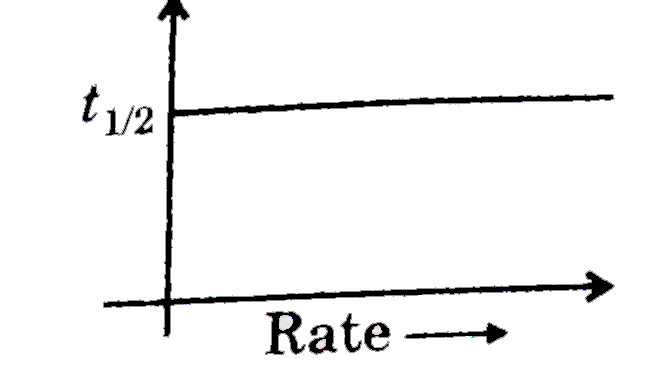
Select the correct graph.A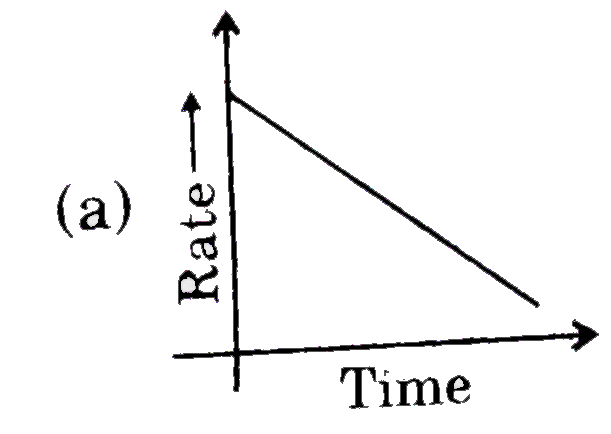 B
B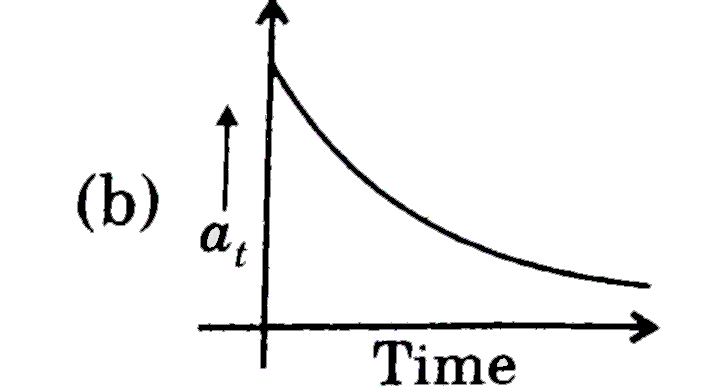 C
C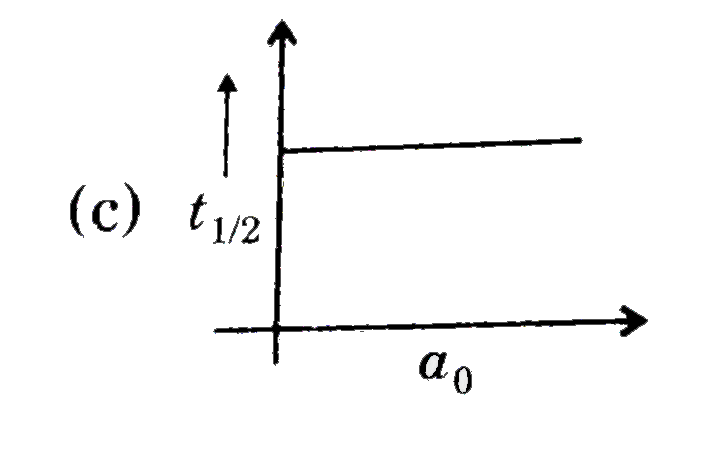 D
D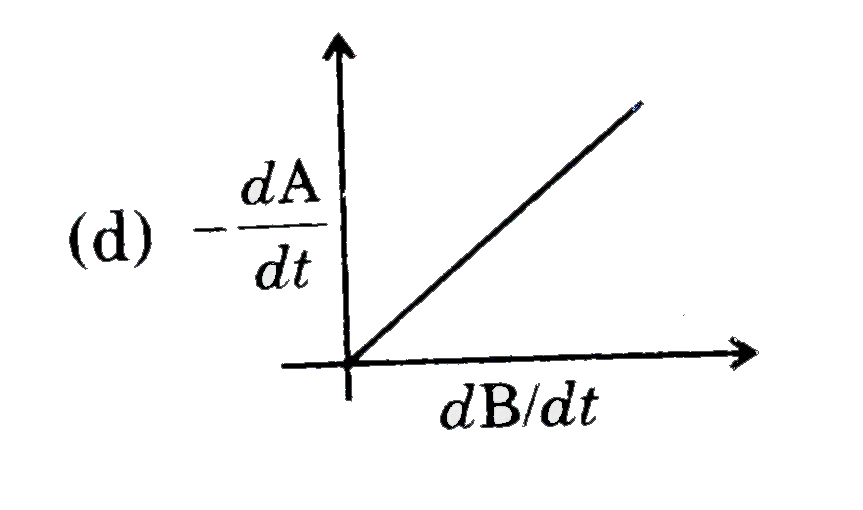
2A+B→3C for the reaction instant rate of reaction is
A+12d[A]dt=+d[B]dt=+13d[C]dtB−12d[A]dt=−d[B]dt=+13d[C]dtC+2d[A]dt=+d[B]dt=+13d[C]dtD−2d[A]dt=−d[B]dt=+3d[C]dtObserve the following reaction:
A(g)+3B(g)→2C(g)
The rate of this reaction {−d[A]dt} is 3×10−3mol litre−1min−1. What is the value of −d[B]dt in mol litre−1min−1 ?A3×10−3B9×10−3C10−3D1.5×10−3
The reaction, A+2B→C+D obeys rate equation, Rate =k[A]x[B]y
What would be the order of the reaction?
View SolutionFor the reaction H2(g)+I2(g)⇔2HI(g), the rate of reaction is expressed as
View SolutionFor the reaction H2(g)+I2(g)⇔2HI(g), the rate of reaction is expressed as
View SolutionThe rate expression for the reaction A(g)+B(g)→C(g) is rate=k[A]2[B]1/2. What changes in the initial concentrations of A and B will cause the rate of reaction to increase by a factor of eight?
View SolutionConsider the chemial reaction N2(g)+3H2(g)→2NH3(g). The rate of this reaction can be expressed in term of time derivatives of concentration of N2(g),H2(g)orNH3(g). Identify the correct realtionship amongst the rate expressions:
View Solution

